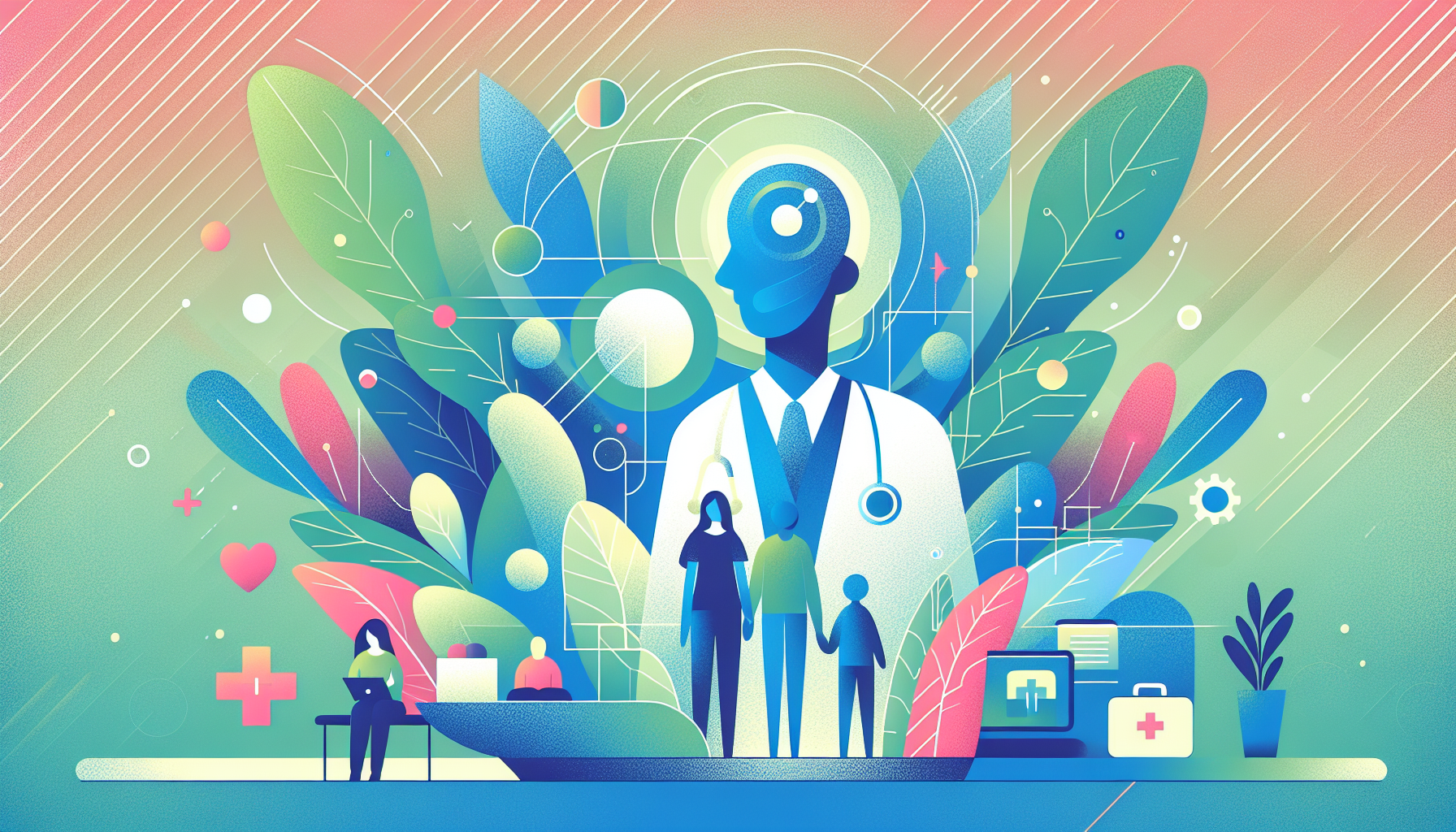Maintaining good health can be expensive, but did you know that there are many free resources available to help you manage chronic diseases, improve your diet and fitness, and access essential medications and services? In this article, we'll explore some of the best free health resources that can help you improve your well-being without breaking the bank.
Free Prescription Drugs
Some stores, such as Publix and Harris Teeter in the southeastern United States and Meijer in the Midwest, offer free generic versions of many prescription medications, regardless of your financial need. These may include antibiotics like amoxicillin or cephalexin, blood pressure medications like amlodipine or lisinopril, metformin for diabetes, and montelukast for allergies. Ask your pharmacist if a drug you're taking might be available in a free generic version, and consult your doctor about switching to it.
Free Blood Pressure Screenings
While blood pressure machines in malls or grocery stores are usually free, their measurements may not be accurate. Instead, have a healthcare worker take your blood pressure at a pharmacy that offers this free service. Dr. Suzanne Salamon, a geriatrician and assistant professor at Harvard Medical School, explains that getting blood pressure readings outside the stressful environment of a doctor's office can be a huge help. Keep a chart of several readings from pharmacies and share them with your physician to distinguish between real blood pressure increases and "white coat" hypertension caused by nerves in the doctor's office.
Free Health Advice
You can find free health advice in places you already visit. For example:
Pharmacists can provide insight about your medications, when to take them, and how they might interact with other drugs or over-the-counter remedies.
Produce managers at grocery stores can show you what's in season and offer tips on selecting ripe vegetables and fruit.
Meat, poultry, and seafood counter workers can point you to the freshest or leanest proteins and suggest recipes.
Local hospitals and health insurance plans may provide 24-hour toll-free health hotlines staffed by nurses who can answer basic health questions or assess symptoms and advise you about when to seek treatment.
Free Food
A healthy diet is essential for good health. Local food banks are wonderful resources for free food, including fresh, locally grown produce, for those who are financially eligible. Groups like Meals on Wheels deliver fresh meals to older adults who are homebound or unable to cook for themselves, often at no fee. Additionally, more than a dozen nonprofit groups, such as Community Servings in Boston, offer free, medically tailored meals to people who are too sick to buy groceries or cook for themselves. You can find more of these groups through the Food Is Medicine Coalition.
By taking advantage of these free health resources, you can improve your well-being without straining your budget. Remember, small gestures of kindness, like a free cookie from your favorite deli, may not directly boost your health, but they can certainly make you feel good!
The Bottom Line
Accessing free health resources requires knowing specific programs exist—from $4 generic medications at major retailers to federally mandated hospital charity care that most eligible patients never use. The key is actively seeking out local community health centers, pharmacy services, and food assistance programs rather than assuming care is unaffordable. If you're struggling with healthcare costs or need guidance navigating available resources, Doctronic can help connect you with appropriate options.


